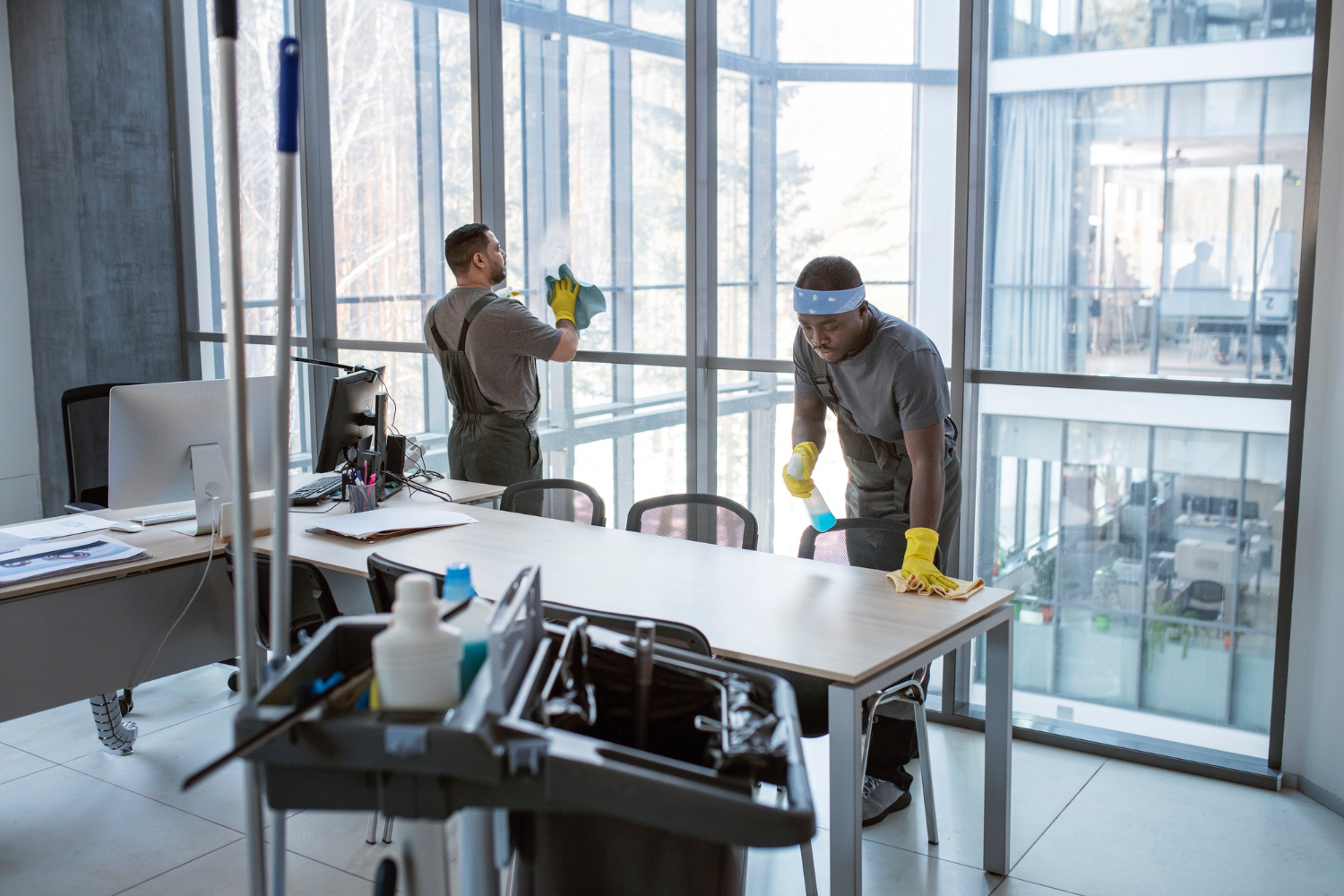
Keeping a clean and hygienic workspace becomes increasingly crucial as lockdown restrictions ease. Commercial cleaning standards help to ensure that all areas are clean and sanitized.
Cleaning staff must regularly wipe surfaces and disinfect equipment. It helps to prevent the spread of germs and bacteria.
Hazard communication
Hazard communication is of the utmost importance for commercial cleaning and maintenance professionals. Any toxic, flammable, reactive, or corrosive chemicals should be labeled and stored appropriately. Additionally, employees must be trained to read and understand safety data sheets for all cleaning products.
Janitorial teams also need to focus on personal hygiene. Regularly washing your hands, particularly in areas with frequent contacts, like door handles, keyboards, and phones, can be helpful. In addition, they need to wear masks when cleaning surfaces that may be infected or contain hazardous chemicals.
It can be a difficult task, but it is necessary to ensure the safety of employees. When a workplace gets inspected by OSHA, this is one of the first things they will examine. They will ask to see the company’s written program, chemical inventory, and training records and verify that employees can access SDSs. If these requirements are not met, it will lead to significant fines.
Bloodborne pathogens
Keeping the workplace clean can prevent the spread of illness and infection caused by bacteria, viruses, and germs. It includes frequent hand washing, ensuring that bathrooms are always well-stocked with essentials like soap, paper towels, and a sanitizer, determining the most-used areas in your office for regular cleaning and disinfection, and establishing policies around personal hygiene.
Bloodborne pathogens are viruses and bodily fluids that can cause serious illnesses, including HIV, hepatitis B, and hepatitis C. For this reason, janitorial and housekeeping staff must be fully educated on bloodborne pathogen cleaning procedures.
It protects the health and safety of these professionals and reassures other office workers and clients that their spaces are clean and safe. Hiring a reputable office cleaning company familiar with these protocols is essential.
Safe work procedures
Safety procedures for cleaning professionals are vital to any professional cleaning company. They cover everything from using the proper equipment to protecting janitorial teams from chemical burns and exposure to infectious materials.
Additionally, custodial staff members encounter various energy sources, such as thermal, chemical, and electrical energy.
It is important to remember that while some of these regulations might seem intimidating, they are designed to impede efficiency. Once these safety protocols are implemented, they will help your team work more effectively while ensuring the health and well-being of everyone involved. As a result, focusing on compliance with these safety standards shouldn’t viewed as a burden but as an opportunity to serve your clients better and protect them from potentially harmful bacteria. After all, it is always easier to prevent illness than treat it.
Chemicals
Handling chemicals is essential to avoid contamination, which can spread infectious diseases and affect employee safety. Chemical storage protocols should involve proper documentation, training, location, organization, and handling of cleaning chemicals. They should also include a clean and ventilated place for workers to wash up after using chemicals.
Whether a janitorial service performs deep cleanings or daily sanitizations, they must use the correct chemical. For example, a restaurant will want to use sanitizing chemicals that won’t contaminate food surfaces. Similarly, hospitals and schools need a disinfectant to handle harsher surface bacteria.
People are more concerned about hygiene in commercial spaces than ever before. They need to be more careful with how clean and healthy the space is for them and their employees. This concern will likely live on long after the pandemic has passed. The cleaning industry should continue to do what it can to alleviate these concerns and keep people safe.


